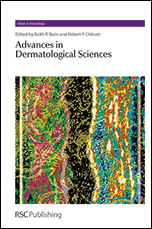On average antibiotics add 20 years to each person’s life, yet the rise of antimicrobial resistance is threatening to make them ineffective in the future.
Last month, the public voted for antibiotic resistance to be the challenge of the 2014 Longitude Prize. This month, David Cameron announced a review into why so few anti-microbial drugs have been introduced in recent years.
Are you are a researcher working in the antimicrobial area? Do you want to learn more about the important challenge of antimicrobial resistance? Are you planning to submit an entry to the Longitude Prize? We have a range of books of interest to you. Click on the titles below to find out more about these books:
Successful Strategies for the Discovery of Antiviral Drugs
Manoj C. Desai (Editor), Nicholas A. Meanwell (Editor)
ISBN (print): 978-1-84973-657-2, Copyright: 2013
Polymeric Materials with Antimicrobial Activity: From Synthesis to Applications
Alexandra Muñoz-Bonilla (Editor), María Cerrada (Editor), Marta Fernández-García (Editor)
ISBN (print): 978-1-84973-807-1, Copyright: 2013
Biointerfaces: Where Material Meets Biology
Dietmar Hutmacher (Editor), Wojciech Chrzanowski (Editor)
ISBN (print): 978-1-84973-876-7, Copyright: 2014
Silver in Healthcare: Its Antimicrobial Efficacy and Safety in Use
Alan B. G. Lansdown (Author)
ISBN (print): 978-1-84973-006-8, Copyright: 2010
Photodynamic Inactivation of Microbial Pathogens: Medical and Environmental Applications
Michael R Hamblin (Editor), Giulio Jori (Editor)
ISBN (print): 978-1-84973-144-7, Copyright: 2011
Life Saving Drugs: The Elusive Magic Bullet
John Mann (Author)
ISBN (print): 978-0-85404-634-8, Copyright: 2004
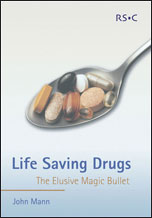
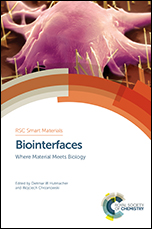
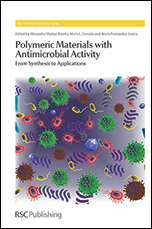
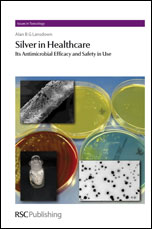
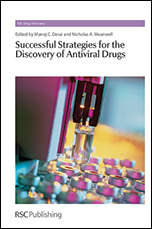
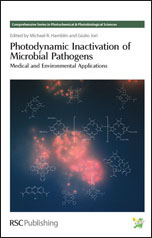











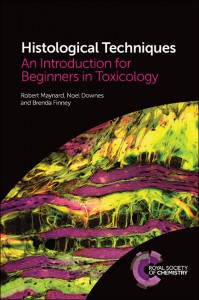
 The RSC Chemical Biology Book Series is a new venture that aims to provide a suite of high level research books on cutting-edge research at the interface of chemistry and biology. We are delighted to have recently appointed
The RSC Chemical Biology Book Series is a new venture that aims to provide a suite of high level research books on cutting-edge research at the interface of chemistry and biology. We are delighted to have recently appointed 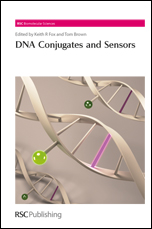
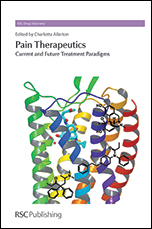
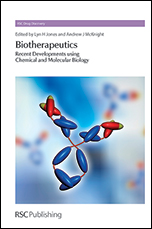
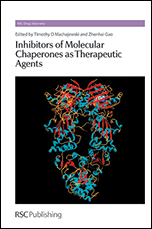
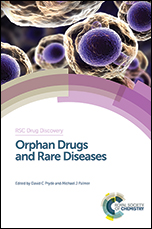
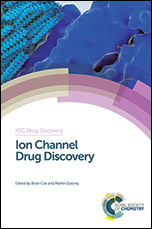
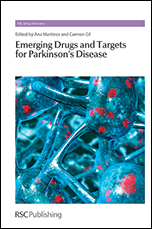
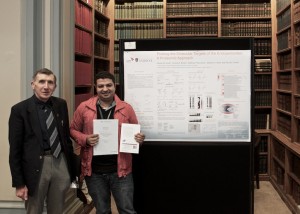




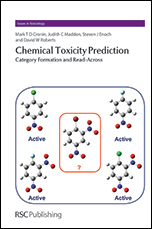


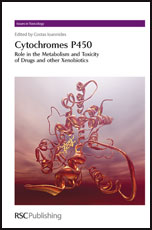 Also highly recommended:
Also highly recommended: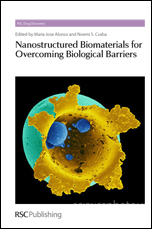 Maria Jose Alonso and Noemi S. Csaba (978-1-84973-363-2, RSC Drug Discovery)
Maria Jose Alonso and Noemi S. Csaba (978-1-84973-363-2, RSC Drug Discovery)